Silver Jubilee
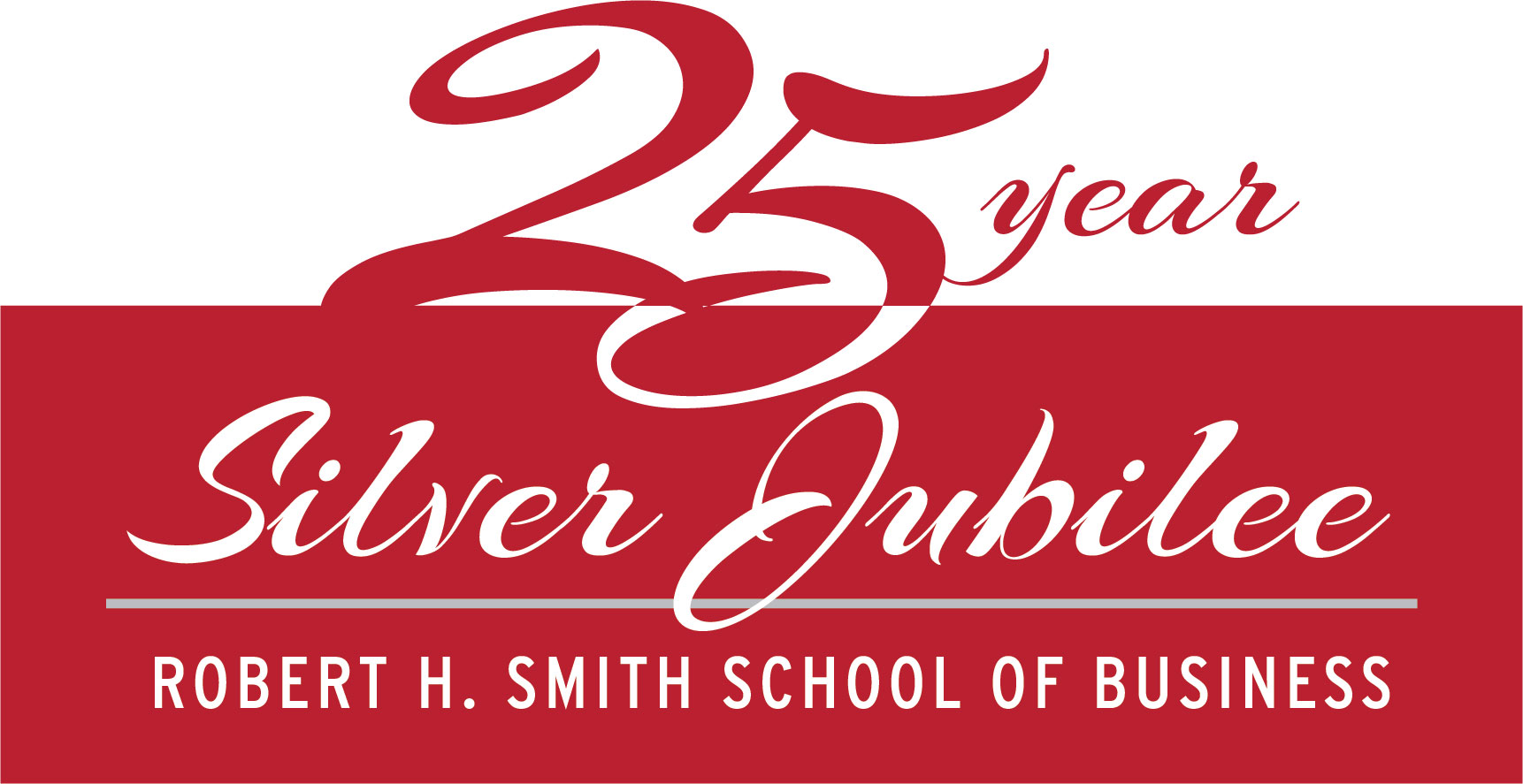
A Message From Dean Konana
Twenty-five years ago, Robert H. Smith ’50 saw the potential in the University of Maryland’s business school, and chose to invest in our future. Twenty-five years before that, the department of business administration first became a school of its own. What remarkable achievements have been made in just 50 short years!
Thousands of students have gone on to fulfilling careers in every industry imaginable. Our alumni have led Fortune 500 companies as CEOs and in the C-Suite. They have served in the government, in the military, and in nonprofit organizations. They have created new products and brands that went on to become household names, like Under Armour, SkinnyPop and Cvent.
The school is also an intellectual powerhouse. Our research informs policy decisions, creates improvements in healthcare, drives innovation, and challenges the status quo.
The next 25 years will be crucial as we reimagine learning in order to educate students to become the thought leaders of tomorrow. They will change the shape of the world and address its biggest challenges. Global friction, social inequities, the role of AI – as the world around us transforms in unprecedented ways, our students must be ready to create a better society for all.
Support the Dean's Strategic Initiatives
We invite you to make a philanthropic investment to support our students, faculty and programs. Learn more about Dean Konana's strategic priorities and ways your gift will further our mission to create knowledge, promote an inclusive learning environment that fosters intellectual discovery, and equip current and future leaders to assess complex problems and deliver innovative solutions.
We are grateful for your help as we strive for greatness – for the next 25 years and beyond.
Upgraded Facilities for Reimagined Learning
To embrace the future, we need to transform Van Munching Hall to facilitate collaborative, hands-on, active learning. Hybrid classrooms, innovative technology, and flexible spaces for all kinds of collaboration are essential. Big changes are underway!
Strengthen Research Impact
We will prioritize extraordinary research with reach outside of academic circles and into business, policy and society as a whole. To do this, we will further the impact and capabilities of our research centers of excellence, making the Smith name and legacy synonymous with impact.
New Endowed Chairs & Professorships
Critical to attract the very best faculty, endowed chairs and professorships build the reputation and rank of the school through enhancement of the research enterprise and student experience. We will increase the number of these endowed chairs and professorships to keep bringing the very best to Smith.
Grow Scholarship Funding for Students
As a land-grant public institution, we have a responsibility to ensure that bright students from all backgrounds have the opportunity to study with us. Imagine a debt-free student education at the state’s flagship institution and the doors it opens for social mobility and establishing a successful life and career as a young adult. This will transform lives, with a ripple effect that goes through the years. We want to offer 4-year scholarships rather than 1 or 2-year awards as we do today to make that dream a reality.
Celebrating Robert H. Smith (1928-2009)
It is your privilege as a human being to identify with causes beyond yourself, to contribute to your community, and make a difference to the world around you.
Robert H. Smith, ’50
Developer & Philanthropist
Bob Smith’s significant contributions to the University of Maryland, and to the business school in particular, have led our growth and enabled the school to make a lasting impact on students and academic research endeavors.
Our Community
Our Academic Portfolio
- 8 Undergraduate Majors
- 14 Master’s Programs
- 1 Graduate Certificate
- PhD & DBA
- Executive Education Open Enrollment and Custom Programs
Rankings
#11
Undergraduate (Public)
U.S. News & World Report 2024
#16
EMBA (U.S.)
Financial Times, 2023
#13
Online MBA
Fortune, 2023
#16
Business Analytics Program
QS, 2023
#21
Flex MBA
U.S. News & World Report, 2024
Our Impact
Smith faculty produce research and insights that influence policy, inform business decisions, and impart knowledge to future generations of professionals. Learn more about some of the faculty addressing the grand challenges of our time through their research.
Researchers are navigating the future of remote work, figuring out how to achieve pay equity, and determining how gender impacts the way managers advocate for their employees.
Rebecca Hann, assistant dean of doctoral programs and Dean’s Professor of Accounting, co-authored a study that found peer pressure among companies determines their long-term work-from-home strategies. Many CEOs are “reluctant to move completely to remote work," but if their competitors are doing it they have “to seriously consider it or risk losing talent.”
Associate professor Margrét Bjarnadóttir designed an algorithm that measures an employer’s gender pay gap and suggests salary adjustments to close them. “We don’t focus on whether or not somebody is paid less than what we expect, but on who is facing the most bias—those are the employees we target for raises.”
Associate professor Cristian Dezsö’s research finds female managers are more competitive than their male counterparts when advocating for protégés, regardless of whether their subordinate is a man or a woman. Dezsö says men are more competitive on behalf of a male protégé so they could perpetuate gender disparities when they decide who to compete for.
Smith researchers are deciphering how artificial intelligence and new app technologies are impacting people and industries.
Assistant professor Lauren Rhue examined how AI facial recognition emotion tracking technology disproportionately negatively affects Black users. Using photo sets of NBA players, she conducted an emotional analysis comparison of two prominent facial recognition services. Both services interpreted Black players as having more negative emotions than white players. The findings, Rhue says, serve as a reminder that disparities in AI often mirror the disparities in the offline world.
Associate professor Jui Ramaprasad studied an online dating app feature that allows users to see the identities of people who “like” them and how that impacts their behavior on the platform. If a user thinks their digital admirer is attractive, it boosts their confidence and can cause them to be more active on the app. “Once you see the person who likes you, it increases the number of matches you achieve in the end,” Ramaprasad said. For women, the researchers saw an increase in the number of messages they sent and the matches they received.
Smith faculty are helping to navigate the impacts of climate change, labor laws, the COVID-19 pandemic and international trade relations.
Professor of the Practice Clifford Rossi and 11 master’s students worked with Freddie Mac to develop an interactive dashboard to pinpoint U.S. regions with the highest risk for property damage from weather extremes and natural disasters intensified by climate change. Freddie Mac, Fannie Mae, banks, insurance companies and policymakers can all use this information for underwriting mortgages and insurance policies, and for figuring out which areas need more government resources.
Assistant professor Evan Starr has done extensive research on noncompete agreements and just how pervasive and detrimental they are—especially for low-wage workers. Starr’s work has been the impetus behind the Biden Administration’s work to curb these agreements. His research was cited more than 60 times in the U.S. Federal Trade Commission proposal to ban noncompete agreements in labor contracts.
Michael Faulkender, Dean’s Professor of Finance and former assistant U.S. Treasury Secretary, led the implementation of the Paycheck Protection Program, which helped millions of businesses keep their workers on the job during the COVID-19 pandemic.
Russell Wermers, Paul J. Cinquegrana ‘63 Endowed Chair in Finance and director of the Center for Financial Policy, serves on the Securities and Exchange Commission’s Asset Management Advisory Committee to advise the SEC on how regulations and industry trends impact investors. The committee includes regulators and top executives and investment managers at some of the country’s largest banks and institutional investment advisors.
Lemma Senbet, William E. Mayer Chair Professor of Finance and a founder of the Center for Financial Policy, was tapped by the Biden Administration to help navigate a push to strengthen economic ties with Africa. Senbet, the former head of the African Economic Research Consortium, provided expertise for a summit of leaders from across Africa in December 2022 and consulted with congressional staff members on legislation to strengthen U.S.-Africa trade relations.
Faculty are taking on food insecurity, nutrition and financial fraud against vulnerable populations.
In 2023, clinical professor Oliver Schlake began work on the Mid-Atlantic Food Resiliency Network, a program funded by a $750,000 National Science Foundation grant to help the 9 million U.S. children that grapple with food insecurity. Schlake is “studying patterns, finding factors that influence a food emergency, dialing these factors down and finding out there are certain factors that exist when an urban area becomes a food desert.”
When the USDA undertook an overhaul of the food pyramid in 2011, Rebecca Ratner, Dean’s Professor of Marketing, helped create and test the new visualization tool: MyPlate. This graphic taught Americans to fill half of their plate with fruits and vegetables at any given meal—a simple directive that had the sticking power the USDA sought and the program launched under then-First Lady Michelle Obama.
Accounting lecturer Samuel Handwerger has developed a path to restitution for victims of financial fraud. In collaboration with the Prince George’s County Police Financial Crimes Unit and the State Attorney’s Office, Smith’s Justice for Fraud Victims Program offers students a unique volunteering opportunity to investigate instances of financial fraud against members of vulnerable populations.
The school’s nine Centers of Excellence stand at the intersection of scholarship and business enterprise.
Smith’s Centers of Excellence position students at the cutting edge of business—even before they don their cap and gown.
The Dingman Center for Entrepreneurship is renowned for empowering students' dreams of starting their own businesses. It’s the #1 graduate entrepreneurship program in the Mid-Atlantic and has ranked among the Top 10 undergraduate entrepreneurship programs in the country for eight years straight.
Michael Hoffmeyer, the center’s managing director, says it “offers aspiring student entrepreneurs a wealth of real-world experiences. Entrepreneurial alumni also receive support, including access to vital programs like Terp Startup Fellows, which provides funding and other assistance for up to two years.”
One of the many examples of how essential the Dingman Center is to getting student start-ups off and running is Aurora Tights. It’s an athletic apparel brand for performers of all shades and sizes. Jasmine Snead ‘18, MBA/MPP ‘21, is one of the co-founders and says, “Dingman played a critical role in my entrepreneurship journey.” She won the $15,000 grand prize during the 2019 Pitch Dingman Competition.
The Ed Snider Center for Enterprise and Markets leverages its programs, events and interdisciplinary research to promote a free market. “We strive to understand and explain how enterprise and markets create value, thereby enabling upward mobility, progress and broadly shared prosperity,” says Rajshree Agarwal, Director of the Snider Center. “This work is a reflection of Smith’s central belief that business done right and well is a benefit to society.”
In keeping with its mission to educate, engage and empower the Smith community, the Center for Social Value Creation gives students, alumni and faculty the chance to learn the latest green business practices.
The Center for Global Business brings international business to Smith’s doorstep and takes students abroad.
The Center for Financial Policy, the Supply Chain Management Center and the Center for Excellence in Service also number among Smith’s specialized hubs of scholarship.
Smith Business Magazine
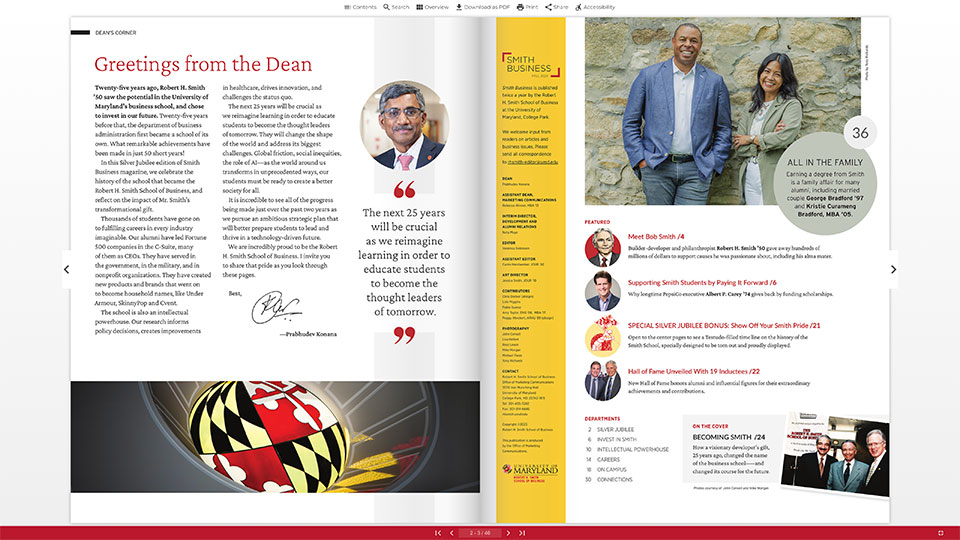
Celebrating 25 Years
In this Silver Jubilee edition of Smith Business magazine, we celebrate the history of the school that became the Robert H. Smith School of Business, and reflect on the impact of Mr. Smith’s transformational gift.
Fostering Fearless Founders
The Smith School has long celebrated and cultivated an entrepreneurial spirit that thrives in so many of our students and alumni. In fact, 724 alumni are founders of their own companies and ventures. From founders whose brands have become household names to entrepreneurs who got their first big boost winning the Dingman Center for Entrepreneurship’s annual pitch competition, these innovators are disrupting whole industries and taking on grand challenges with real solutions.
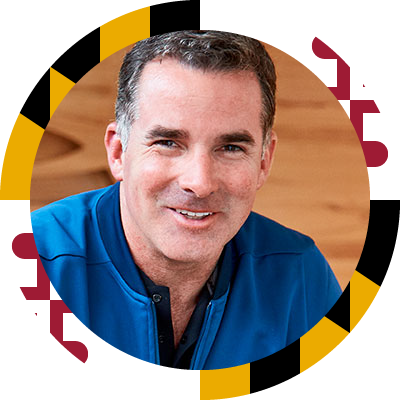
Kevin Plank ’96
Under Armour
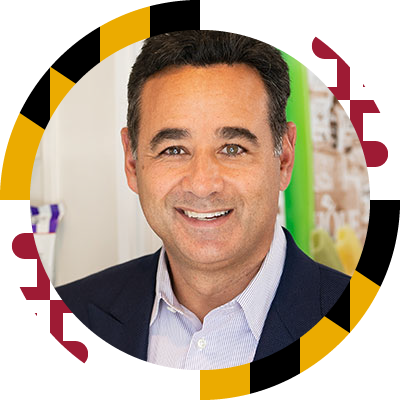
Jason Cohen ’96
Sensible Portions
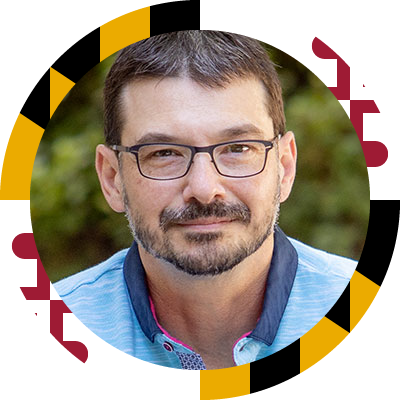
David C. Quattrone, MBA ’05
Cvent Inc.
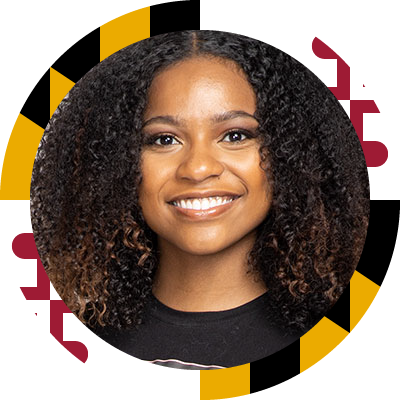
Jasmine Snead ’18, MBA/MPP ’21
Aurora
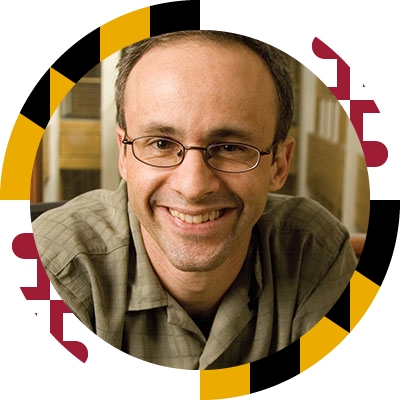
Dominic Crapuchettes, MBA ’04
North Star Games
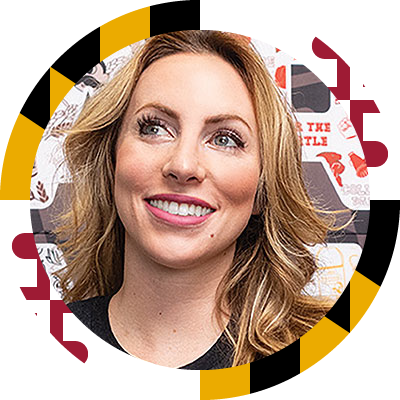
Ali von Paris ’12
Route One Apparel
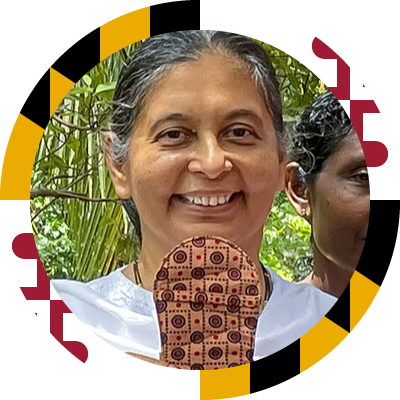
Anju Bist, MBA ’98
Saukhyam Reusable Pads
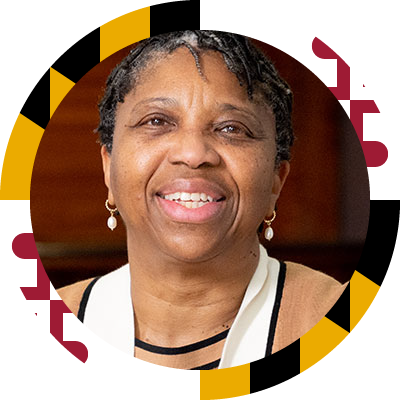
Margo Thomas, MS ’90
Women’s Economic Imperative

Anindya Datta, MS ’91, PhD ’94
Mobilewalla

Evan Lutz ’14
Hungry Harvest

Roy Schwartz ’98, MBA ’01
Axios
Advice from Entrepreneurs
Bet on yourself.
“Be relentless with your dreams. You and you alone know what you're capable of doing. Don't let the self-doubt creep in or the noise of the naysayers distract you.”
—Kevin Plank
Stay present and focused.
“Find opportunities you gravitate to because you’re passionate about them, not just because they offer a pathway to making a lot of money.”
—Ali von Paris
It’s OK to fail.
"You might not succeed at everything you try, and that’s OK. You only fail if you don't learn a way to do things better the next time.”
—Jason Cohen
Don’t settle.
When you’re trying to grow, understanding your value is critical. Stand in your power, but do it with humility. That’s something that’s influenced a lot of my career decisions.”
—Margo Thomas